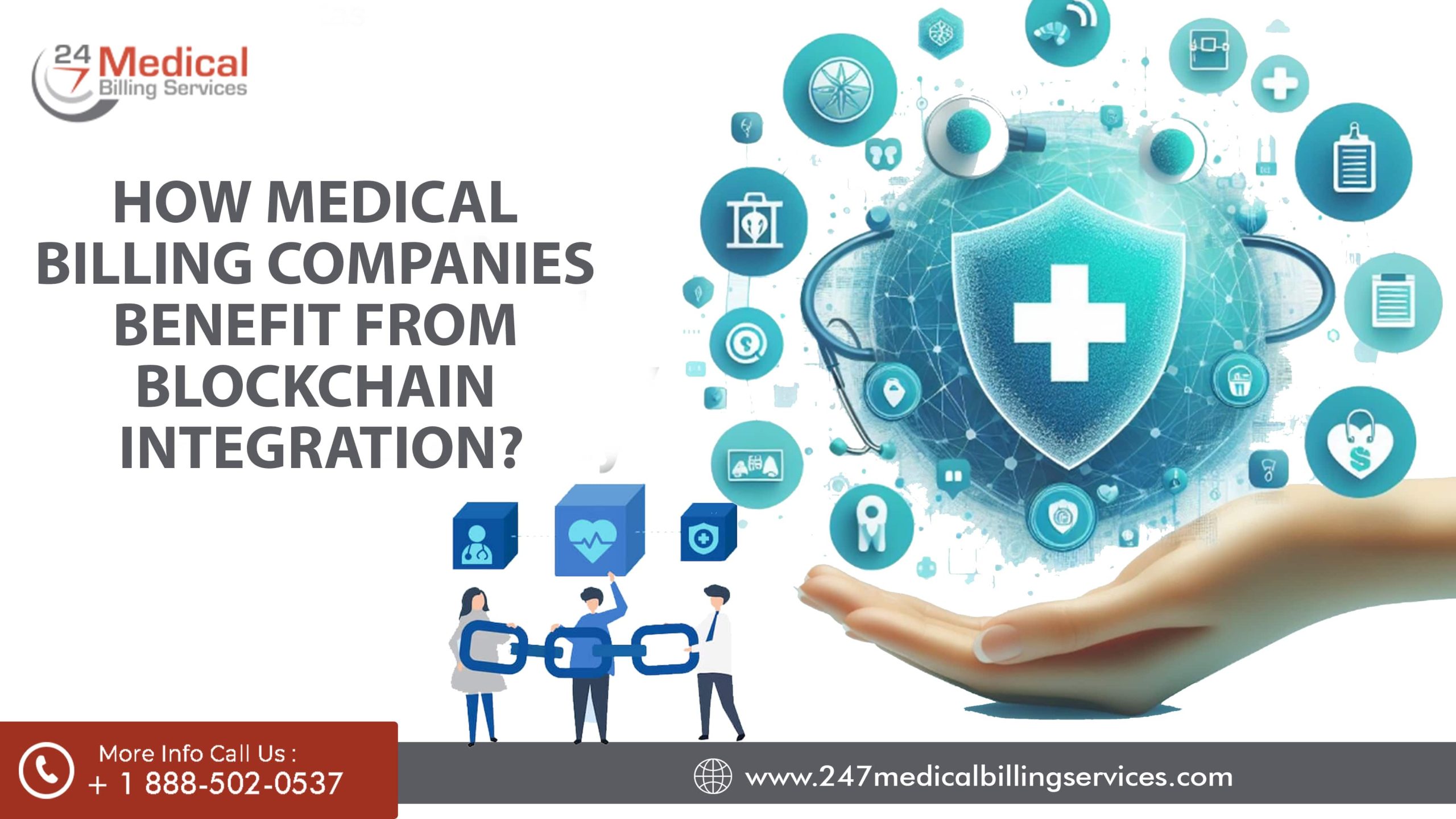
How Will Blockchain Integration Impact Medical Billing?
Previously linked mainly to cryptocurrencies, blockchain technology is now making waves in the healthcare industry. This revolutionary technology, recognized for its transparency, security, and decentralization, offers a promising solution to longstanding challenges in medical billing and changing the dynamics of financial transactions in healthcare.
Medical billing involves the complex process of submitting and following up on claims with health insurance companies to receive payment for services provided by healthcare providers. This process is often plagued by issues such as billing errors, fraud, and lengthy payment cycles. By leveraging blockchain technology, healthcare providers can streamline billing processes, enhance data security, and improve overall efficiency.
Did you know?
According to a report by BIS Research, the global market for blockchain in healthcare is expected to reach $5.61 billion by 2025, growing at a compound annual growth rate (CAGR) of 63.85% from 2020.A study by the Ponemon Institute found that healthcare data breaches cost the industry $6.5 billion annually, highlighting the need for secure data solutions like blockchain.
The American Hospital Association (AHA) reports that administrative costs account for nearly 25% of total hospital spending, which blockchain technology could significantly reduce.
Let’s have a look at how blockchain integration can positively impact medical billing:
Understand the Challenges in Medical Billing
Medical billing has faced problems like data breaches, billing mistakes, and inefficiencies in the reimbursement process. These issues not only affect the financial well-being of healthcare providers but also lead to higher administrative costs and delayed patient care.The Role of Blockchain in Medical Billing
-
Enhanced Data Security
-
Reducing Billing Errors and Fraud
-
Streamlining the Claims Process
-
Cost Savings
Real-World Applications of Blockchain in Healthcare Billing
Mayo Clinic: Founded in 1889 and located in Rochester, Minnesota, Mayo Clinic has implemented blockchain technology to improve the accuracy and efficiency of its billing processes. By utilizing a blockchain-based platform, Mayo Clinic has reduced billing errors and expedited the payment cycle.Massachusetts General Hospital (MGH): Founded in 1811 and based in Boston, Massachusetts, MGH has adopted blockchain technology to enhance data security and streamline its medical billing. The hospital reports improved accuracy in billing and a significant reduction in administrative costs.
Cedars-Sinai Medical Center: Established in 1902 and located in Los Angeles, California, Cedars-Sinai has leveraged blockchain to create a more transparent and efficient billing system. The implementation has led to faster payment processing and improved patient satisfaction.
Outsourcing to 24/7 Medical Billing Services
Outsourcing medical billing services to specialized providers like 24/7 Medical Billing Services can amplify the benefits of blockchain technology. These services offer expertise and experience, ensuring billing processes are optimized for maximum efficiency. With continuous support and service, billing issues are addressed promptly, leading to faster resolution and payment cycles.Outsourcing also reduces the need for in-house administrative staff, resulting in significant cost savings for healthcare providers. Furthermore, it allows healthcare providers to focus more on patient care and other core activities, improving overall service quality. By combining blockchain technology with the expertise of specialized medical billing services, healthcare providers can achieve greater efficiency, security, and accuracy in their billing processes.

.png)